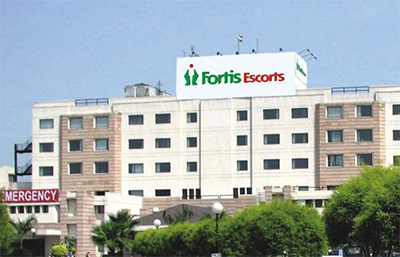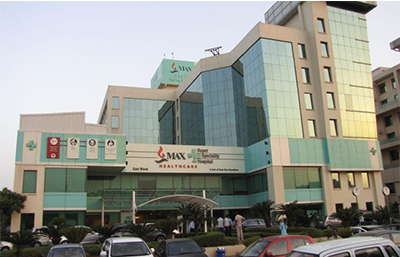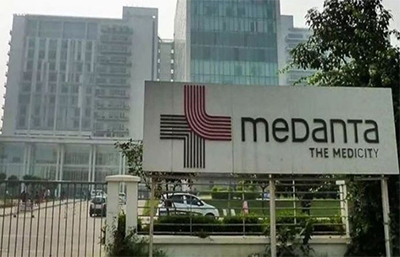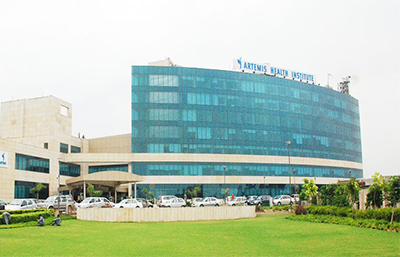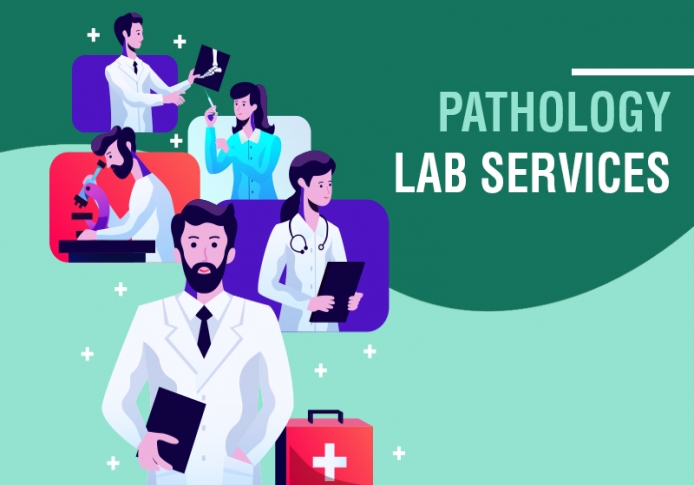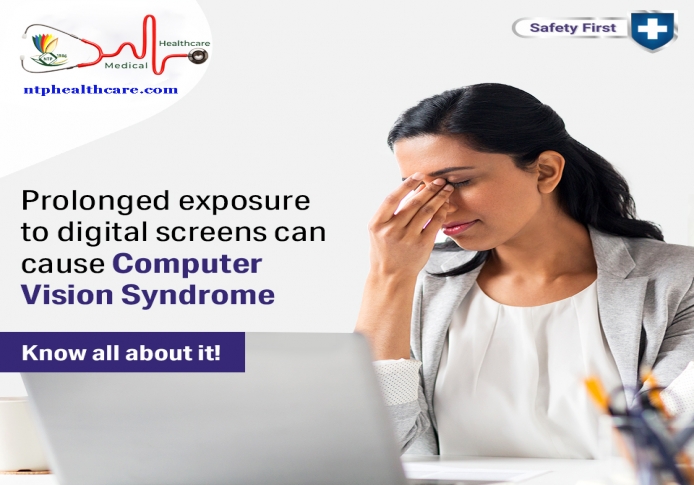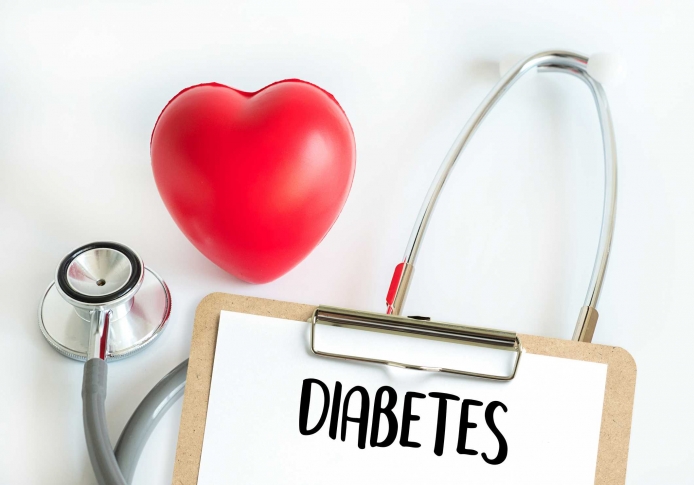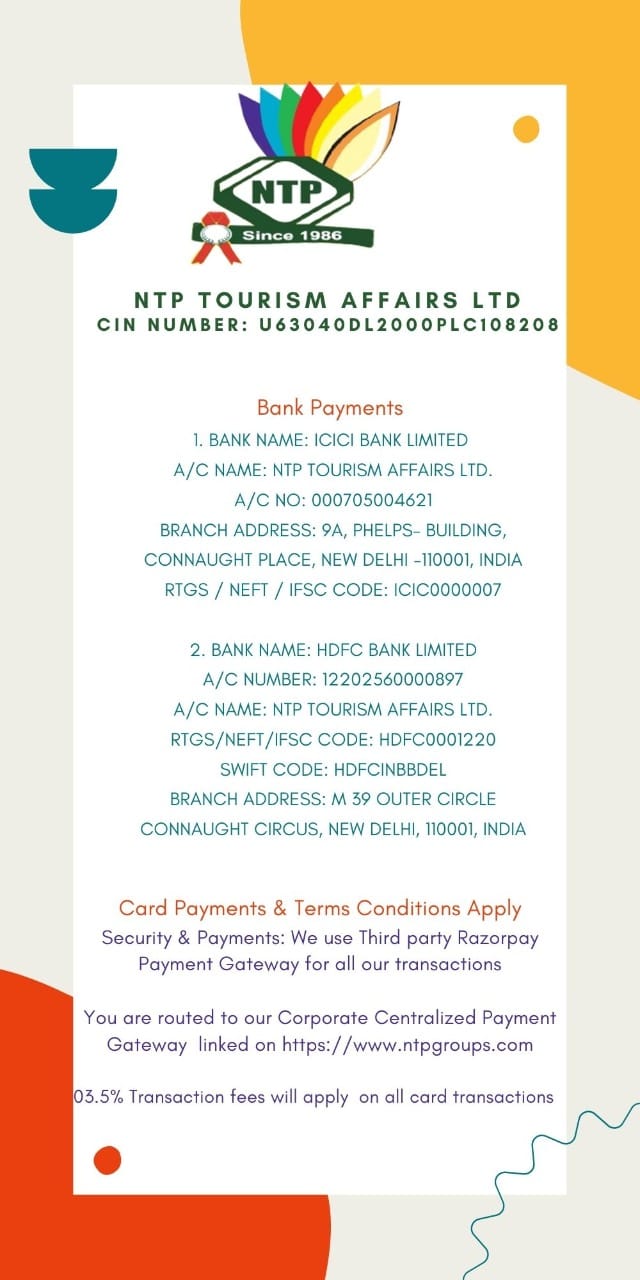What is Coronary Artery Bypass Surgery (CABG)?
This is when the blood is unable to flow/ pass easily through the arteries of your heart, you may need to undergo coronary artery bypass surgery.
NTP Healthcare India supports travel to treatment and Surgery in India at the specialty hospital. We ensure no waiting and 100% Post-treatment Service
Why is it essential?
The heart delivers oxygen throughout your body by pumping blood through your arteries. When the coronary arteries of your heart have blockages, portions of your heart may have less oxygen and, if severe enough, may actually die. The coronary bypass surgery process involves placing artery and/or vein grafts around these blockages to improve the blood supply to your heart muscle
How the process is carried out ?
During coronary bypass surgery, your breastbone is divided in half to expose your heart. Your heart is then connected to a heart-lung a machine that completely takes over the function of your heart and lungs, permitting the surgeon to temporarily stop your heart. With the heart still, the surgeon then bypasses the blocked coronary arteries with vein taken from your leg or arteries taken from your chest or arm. Your heart is then allowed to resume beating, it is disconnected from the heart-lung machine, and your breastbone is closed with wires. The operation usually takes from three to five hours.
In some cases, the surgeon can perform this operation while the heart is still beating. This is called "off-pump" coronary bypass surgery.
** As per the requisite we have the support of Air Ambulance, Train Ambulance
** NTP Healthcare Support Medical Visa, Flights, Accommodation, Treatment paper exchange & Accompanying attendant guardian support
Before the procedure:
- You must not take any drugs containing aspirin for three days before the surgery. These drugs may cause you to bleed more than normal. Check with your doctor about stopping the medication.
- You must stop smoking. People who smoke have more mucous in their lungs, which is hard to remove after surgery.
- You will need to find someone to stay with you after you get home from the hospital. You may hire a home health aide, but their services can be costly.
- You may need blood while you are in the hospital. If you would like to donate your own blood, please tell you, doctor.
- You may not eat or drink anything after midnight the night before the surgery. You may take your normal pills with a small sip of water. If you are diabetic, check with your doctor about your diabetic medicines.
- You will need a chest X-ray, a urine test, an EKG of your heart, and blood tests before surgery. These tests may be done at an outside facility or in the hospital the day before surgery.
- The day before surgery, you will need to scrub your abdomen and legs several times with a special soap to kill germs. (This the recommendation may change over time).
- If you will be in the hospital before the day of the surgery, please bring all the pills you take with you to the hospital and show them to the nurse.
- Do not bring valuables, such as jewelry or money, with you to the hospital.
- Your doctor will explain the surgery to you and ask you to sign a consent form.
- You may meet other members of the heart team, such as the anesthesiologist, the doctor who will give you drugs to put you to sleep for the surgery.
During the Procedure
#Doctors in India #Hospitals in India
- If you are in the hospital the day before the surgery, you will have time to see loved ones before the surgery. Please limit the visit to two people. They may go with you to the door of the surgery room, but then they will have to go to the waiting area on Blalock 7.
- ou will be asked to remove all dentures and non-permanent bridgework, hair clips, jewelry, and nail polish before going into surgery.
- The morning of the surgery, your chest, groin, and legs will be shaved.
- Your nurse will start an IV in your arm to give you fluids. You may also receive drugs to help you relax and you may have a facemask to breathe oxygen.
- You will be asked to go to the bathroom five to ten minutes before the surgery. During and immediately after the surgery, you will have a small tube in your bladder to drain urine.
- The operating room may be cool, but you may have a blanket if you wish.
- You will receive drugs to put you to sleep and to block pain. You will not be awake during the surgery.
- The surgeon then will divide the breastbone and spread the ribs to get to the heart. The heart-lung machine will take over the work of your heart and lungs.
- The surgeon will remove a small length of a blood vessel from your leg or chest. Then he will begin sewing it to your heart vessels.
- Once the work is done, the surgeon will start your heart and turn off the heart-lung machine.
- Your breastbone will be wired shut and your wound will be closed with stitches or staples.
- You may have two or more small pacing wires on your chest. If needed, these wires will be used to help control your heartbeat. They will be removed before you go home.
- You will have two or three tubes in your chest and will be hooked to a machine to drain extra air and blood. The tubes will be taken out in about a day.
After the Procedure
- NTP Healthcare Manager acts as your Medical & Healthcare Guardian in India. We ensure 24 x 7 Support with the step by step workouts
- You will be taken to the Cardiac Surgery Intensive Care Unit.
- You will have a breathing tube in your windpipe. The nurse may use a small tube to remove mucous from the lungs and mouth to prevent a build-up in the lungs. The procedure can cause pain, make you cough and make it hard to breathe, but you may be given drugs to treat these symptoms.
- As you wake up, you will be weaned from the machine that is helping you to breathe. Once this happens and you are breathing on your own, the tube in your windpipe will be taken out.
- After the breathing tube is removed, you will have a mask on your face to give you oxygen.
- The facemask will be taken off and you will have a small tube under your nose to provide oxygen.
- If you are in pain, please tell your nurse, who can give you drugs to ease the pain.
- You must take deep breaths and cough 10 to 20 times an hour to prevent fluid build-up in your lungs. You will learn to use a small gauge, called an incentive spirometer, to see how deep your breaths are and to train yourself to breathe deeply.
- After the surgery, you should get up as soon as you can and talk with family and friends. This may speed up your healing and helps your family and friends feel less worried about you. Be sure to ask for help when you need it.
** NTP Healthcare focuses on the Holistic Approach to the treatment.
- You will walk, with help, the day after surgery.
- If the vessel for the bypass was taken from your leg, you may have some swelling in your legs. Raise your legs above your heart when sitting and do not cross your legs.
- After about a day or two, you will move to the Cardiac Progressive Care Unit, where you will be for three to five days. Then you will go home
- You will have an IV, oxygen, and a monitor to check your heart.
- You may have a chest X-ray, blood work, or other tests, as needed.
- You may have anemia (a low number of red blood cells) after surgery. This is normal, but it will make you feel tired.
- After a day or two, the dressings over your chest and leg wounds will be taken off.
- Most of your stitches are inside and will dissolve over time. The staples will be taken out five to seven days after surgery. If the staples are still in when you go home, arrangements will be made to have a home health nurse come to your home to remove the staples (providing your insurance approves it).
- You may also have small paper strips on your chest and legs. They will slowly peel and should be taken off one week after you get home.
- If you wish you can talk with a dietician about the kinds of food you should eat and those you should not eat. (This is optimal).
- You will need to see your surgeon about four weeks after you go home. You will receive a letter about this within two weeks.
- You should arrange a follow-up visit with your own doctor or approach through NTP Healthcare Concierge Team / Healthcare manager
What Cautions are to be taken by the patients ?
NTP Concierge Services Support Patients pre and post treatment
- If your chest wound is red, painful, hot, swollen or drains, tell your doctor at once.
- You will be taking your temperature twice a day, morning and evening. If your temperature goes to 101 or higher, take two Tylenol and call your surgeon at once.
- You will weigh yourself every morning. Tell your surgeon if you gain more than four pounds in one or two days, or if you notice increased swelling in your legs, or feel short of breath.
Please share regular feedback with the NTP Healthcare Manager with the various updates, so that we are able to discuss the subject with the doctor and hospital on regular basis including the treatment, insurance and billing-related matters.
FRRO Office approvals and Extensions if any would be assisted by NTP Healthcare Manager & Team. https://www.ntpindiatourism.com/ntphealthcare/medical-tourisim-visit-to-india
